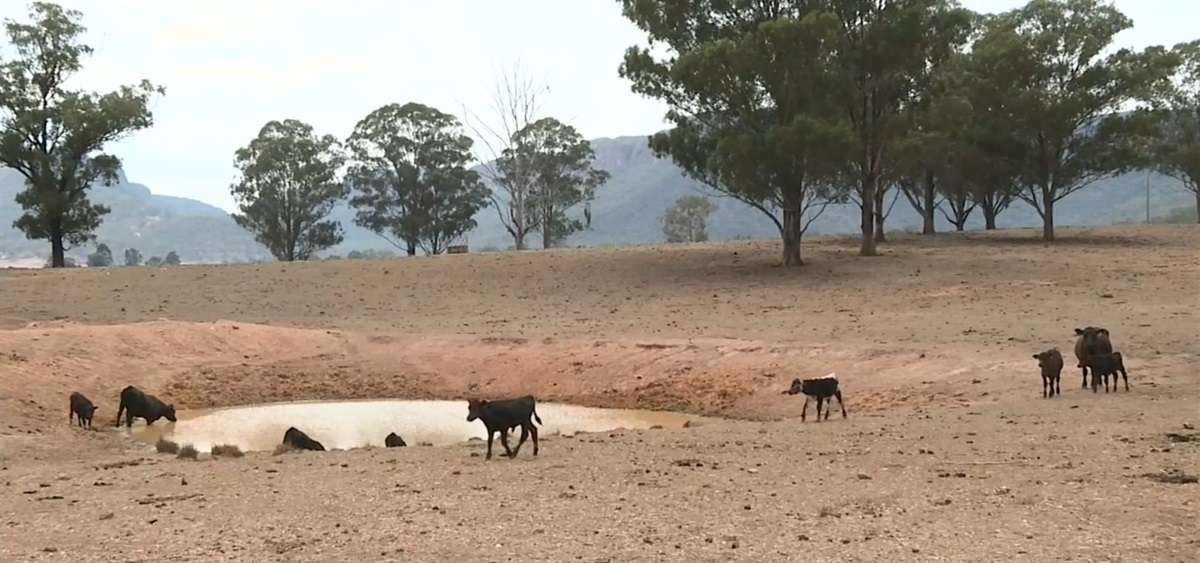Western Australians who are experiencing hardship because of COVID-19 now have greater access to legal support, with Legal Aid WA increasing its services in the community.
The number of appointments available in areas of high need including employment law, mortgage hardship, elder abuse, consumer protection, credit and debt and financial hardship have been increased.
Specialist immigration law advice is also available to anyone residing in Western Australia on a temporary visa, such as a partner visa, who is experiencing family and domestic violence.
The COVID-19 pandemic is likely to see a rise in the number of incidents of family violence across Australia, with WA Police reporting an increase of 11 domestic violence incidents each day. Legal Aid has allocated additional resources to respond to family violence.
More information can be found at https://www.legalaid.wa.gov.au or by calling the Legal Aid Infoline on 1300 650 579.
As stated by Attorney General John Quigley:
“The current global health crisis and subsequent economic challenges have given rise to new legal problems for many Western Australians.
“Employment law problems, difficulties paying mortgages, greater physical and financial abuse of the elderly, hire purchase and loan issues, and immigration and visa matters are all emerging as very real problems in our community.
“Regrettably, family violence has increased, and is likely to keep increasing, due to the impacts of the virus.
“Legal Aid has responded to the anticipated increase in family violence in a number of ways, including by transitioning services from face-to-face, to telephone, online chat and video wherever possible and increasing the capacity of its telephone Infoline, with a high priority on family violence related matters.
“It is important that during this difficult time, our most vulnerable community members know they still have the protection of the law and that they are not alone.”







